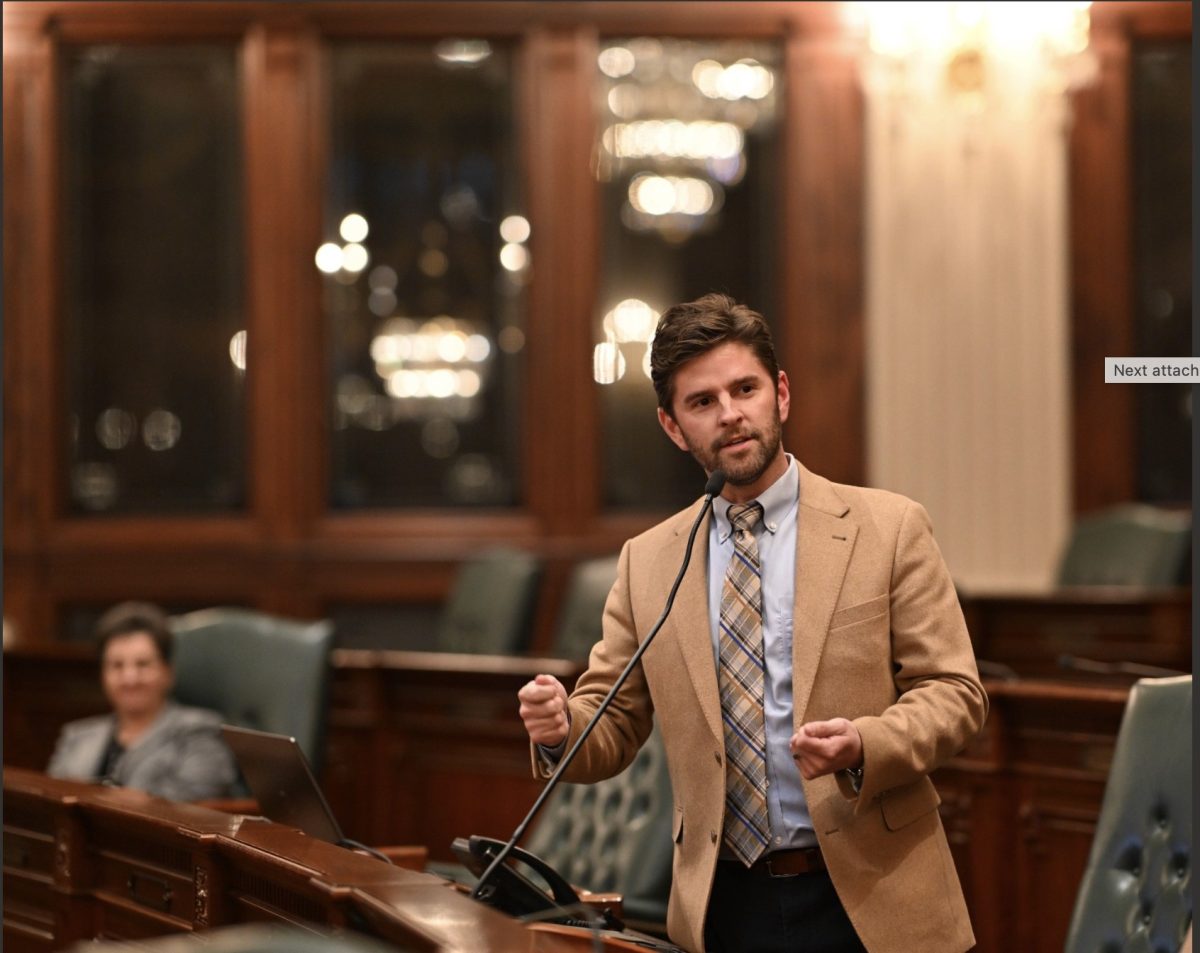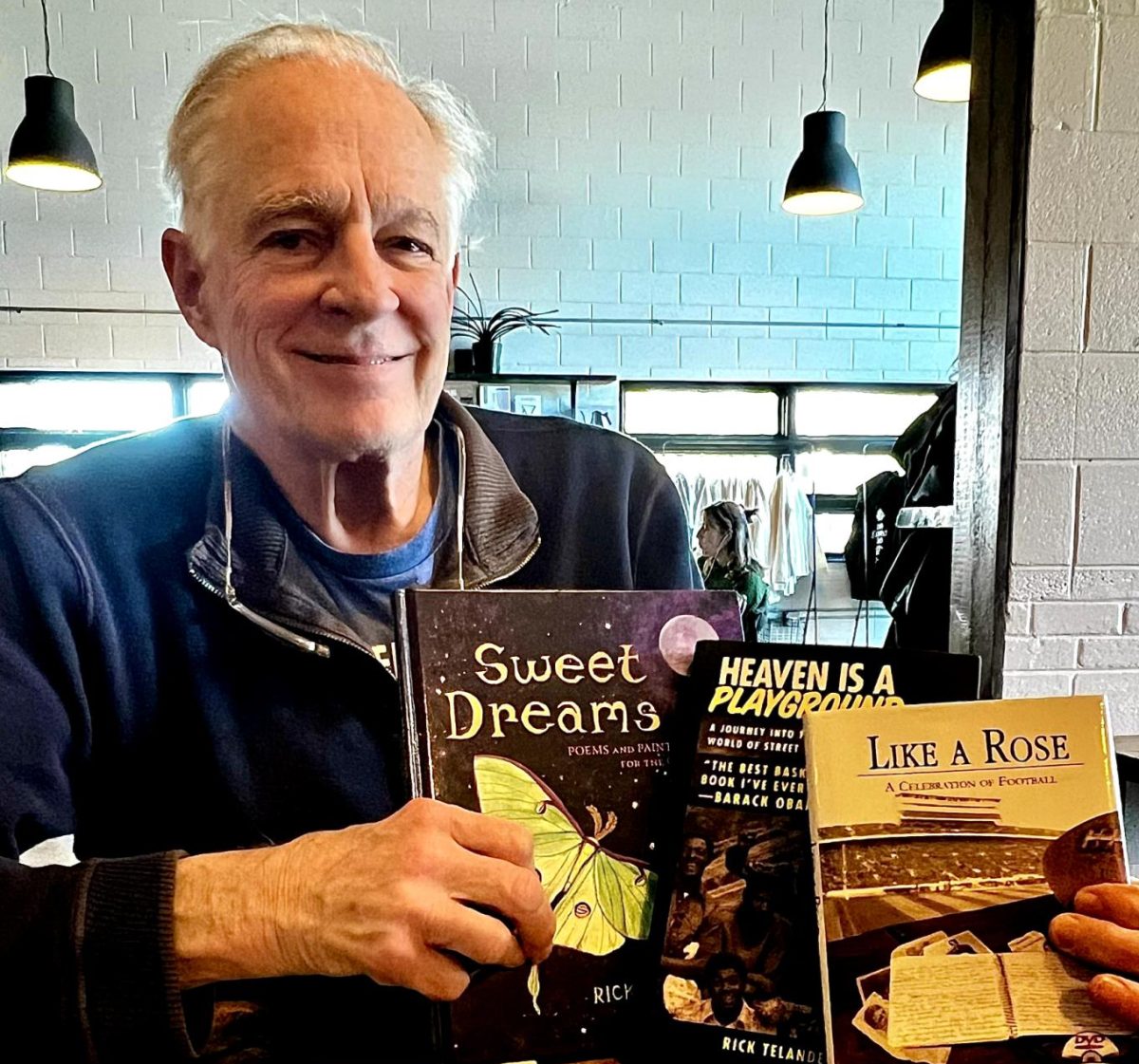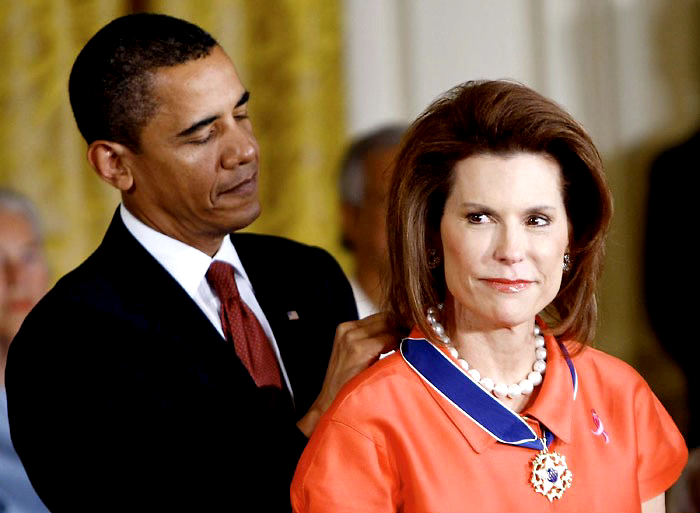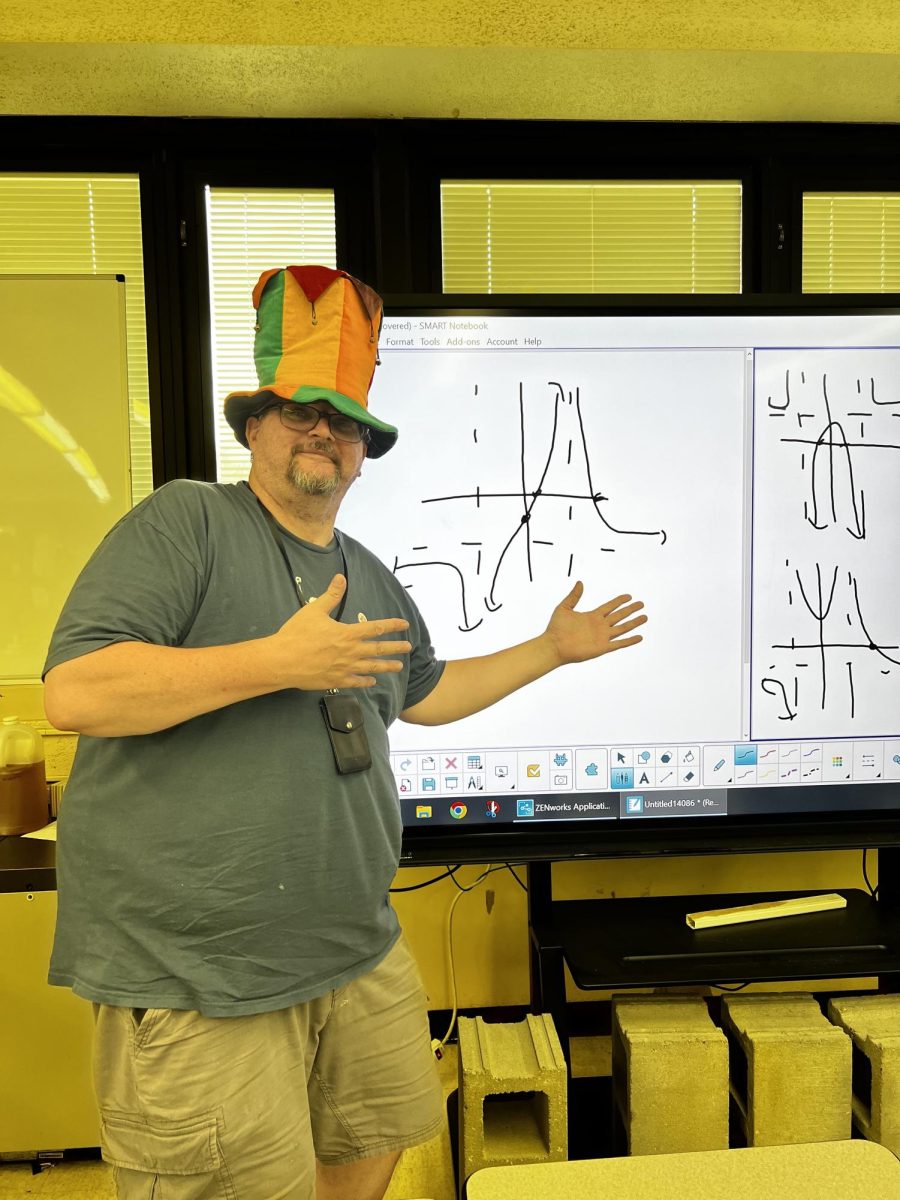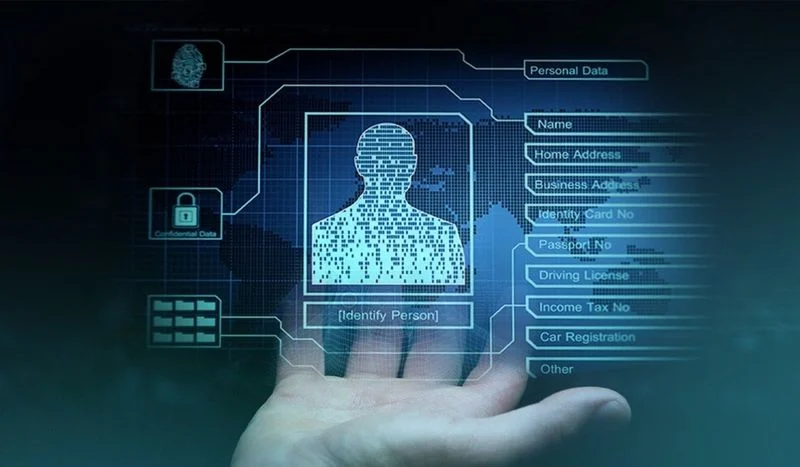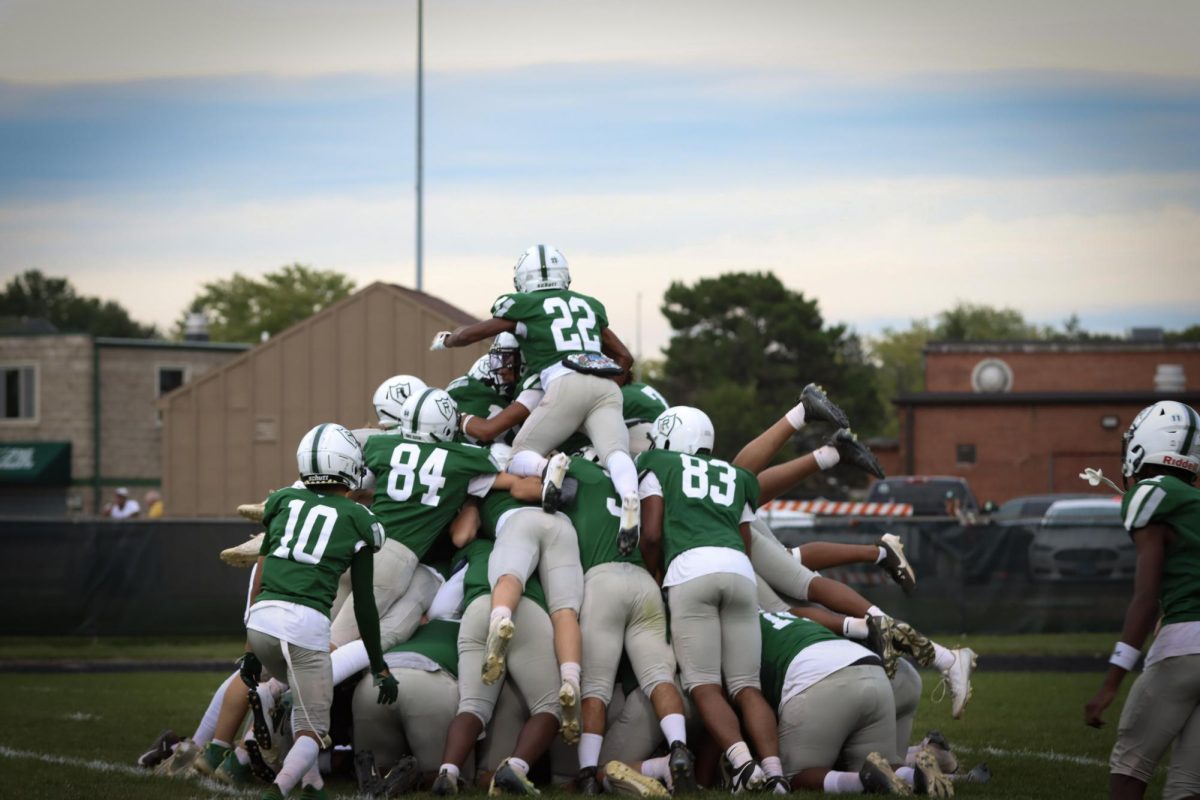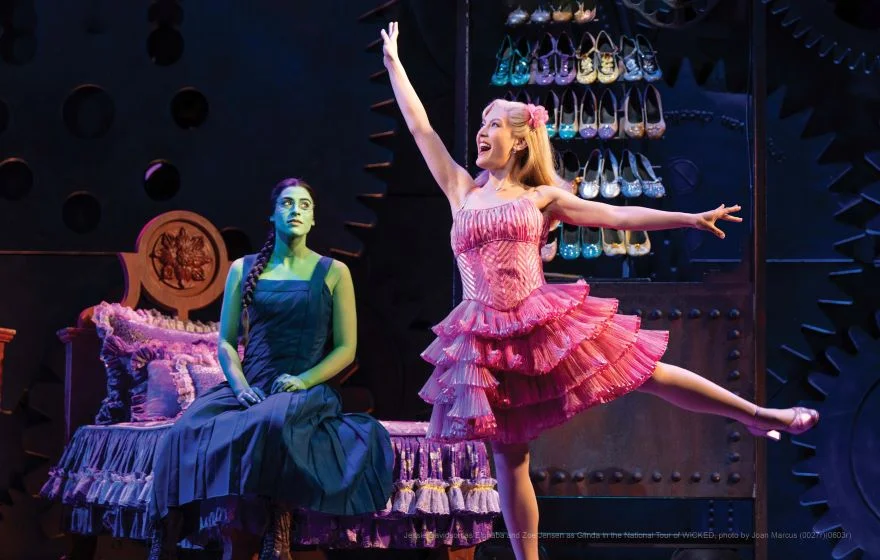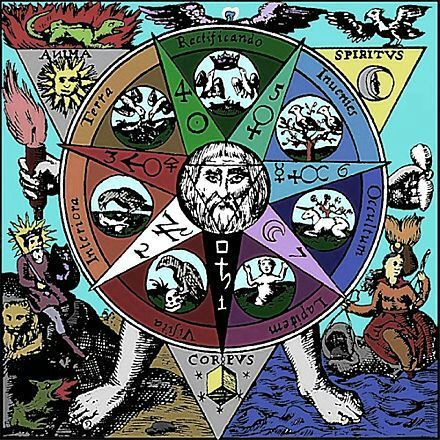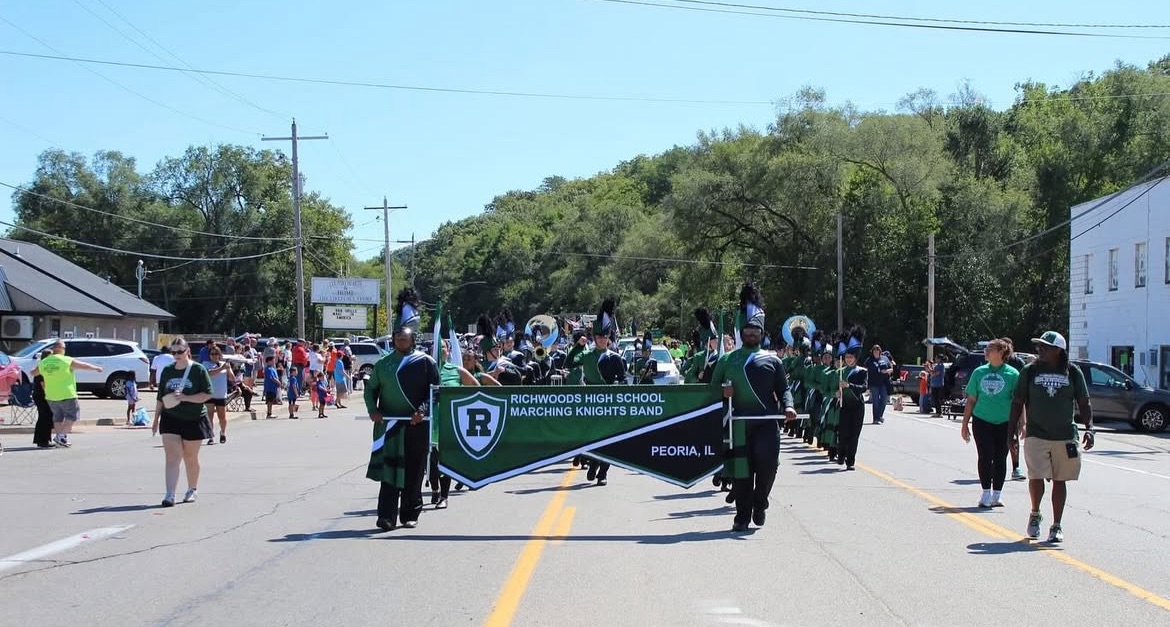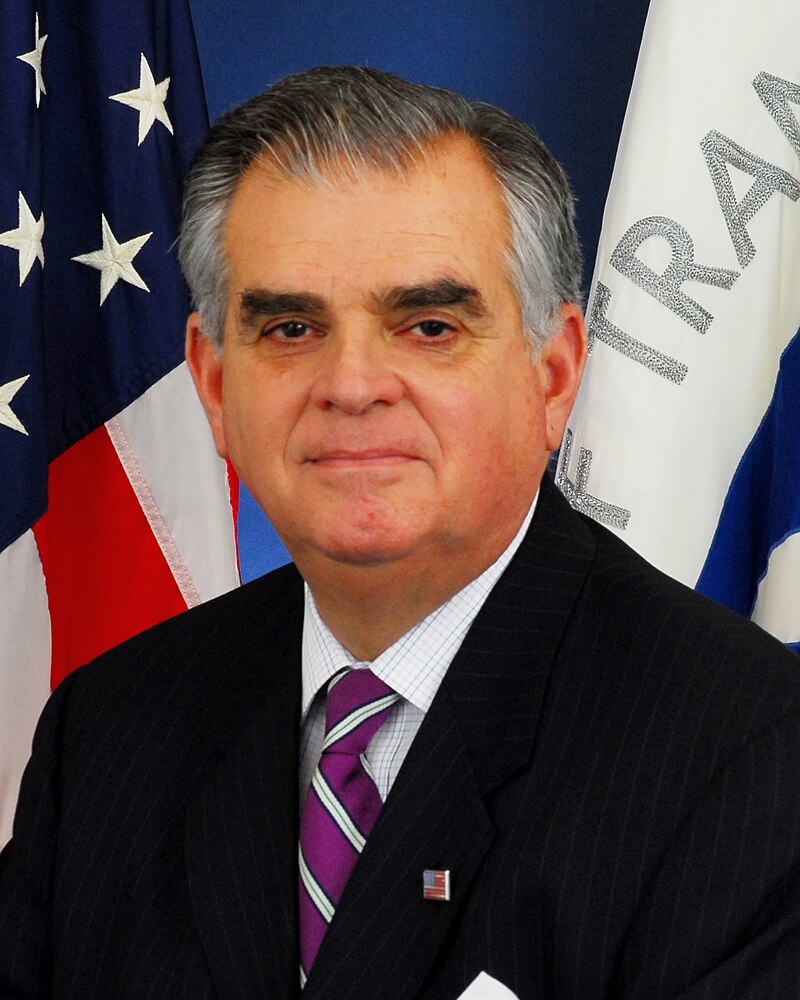“We shall need compromises in the days ahead, to be sure. But these will be, or should be, compromises of issues, not of principles” (Kennedy 18). After 70 years, John F. Kennedy’s words still ring true from his lauded book “Profiles In Courage,” detailing a history of politicians who have put service for their country over themselves. Today, to an unprecedented degree, politicians take their sides and stick to them, unwilling to face scorn and derision from peers and, indeed, their political parties. We have witnessed elected officials hurling expletives at each other on the Floor of the House of Representatives; a Speaker of the House openly expelled by his own party because of his willingness to work with Democrats to maintain the basic function of government; and a president accused of inciting an attack on the Capitol (Miller). We have become “a nation that has forgotten the quality of courage” (Kennedy 1).
During these divisive times, our government cries out for humble leaders who place country over party, akin to the men Kennedy wrote of in his Profiles of Courage. Humble men like the one described in a Midwestern Hindu doctor’s favorite story—his personal story of a Lebanese-Catholic man in a small, heartland town who advocated for him as well as every one of his constituents. A man self-defined as “relatively unknown” (LaHood XVII), the son of a working-class restaurant owner in Peoria, Illinois, who, when interviewed, asked: “Why are you writing this paper about me?” A man who would make a decision to take on a role that ultimately short-circuited his career path but uplifted his country. There are no laws on the books that carry his name, but Representative Ray LaHood is the epitome of what John F. Kennedy defines as courageous through his “acceptance of compromise, advocacy of conciliation, and willingness to replace conflict with co-operation” (Kennedy 221).
LaHood, a school teacher by trade and proud Republican, represented Illinois’ 18th congressional district in the House of Representatives from 1995 through 2009. LaHood was elected in 1994 during the “Republican Revolution” alongside legislators like Newt Gingrich, who popularized the muscular effort to pass GOP legislation through aggressive measures aimed in large part at defaming the opposing party. As political parties became more polarized, described by LaHood as marked by “ideological rigidity,” passing bills with bipartisan support in Congress became increasingly challenging (Baker).
LaHood was placed under scrutiny by his fellow Republicans when he refused to sign the Contract with America, a document he regarded as the start of “the nationalization of elections” (LaHood 23). He was given an extremely low score of 52 out of 100 by the American Conservative Union in 2007, barred from serving on his desired committees, and told that the party thought he “wasn’t conservative enough” simply because he sought compromise rather than confrontation (LaHood 24). He wasn’t regarded positively by Democrats either; after presiding over President Bill Clinton’s impeachment, he received a 25 out of 100 rating from the liberal Americans for Democratic Action (Officials: LaHood, Ray). Facing daggers from both sides of the chamber, LaHood’s career was in a precarious position.
Consequently, when President-elect Obama offered him a position in his cabinet as Secretary of Transportation, his colleagues were outraged. If he accepted the position, he would be working in a Democrat president’s cabinet. Even more scandalously, he would be advocating for Democratic ideals, such as fighting against global warming, a topic that only 42% of Republicans believed in (Dunlap). If he were to accept the position, his re-election as a Republican in a historically conservative central Illinois would be greatly imperiled (LaHood). Furthermore, as the only elected Republican in a Democrat-dominated cabinet, he would be outnumbered and alone in his ideals. Moreover, LaHood had campaigned vigorously for Obama’s opponent in 2008, serving as a delegate for John McCain at the Republican National Convention (LaHood 182). The easiest path would be to remain in the Congress and navigate the terrain he knew so well.
But when his Blackberry rang with a call from Obama’s chief of staff, LaHood’s love for his country prevailed. Collaboration from both parties was essential to pull the country through the cataclysmic 2008 economic crisis. Notwithstanding the risks to his personal political ambitions, he accepted the position “without hesitation” (LaHood 5). He would go on to serve as a critical liaison between the White House and his Republican colleagues, announcing, “Let’s get the country back to work. It has nothing to do with party labels” (LaHood 177). In his new position, he made friendships with every politician on the floor, assisting Congress in its efforts to pass economic stimulus bills with bipartisan support. He left a legacy of being the “most consumer-friendly Secretary of Transportation,” passing the tarmac delay rule and comprehensive passenger protections that were previously blocked by infighting within Congress (Jansen). Additionally, he founded the Congressional Bipartisan Retreat to promote civility and understanding among members, allowing them to interact on a personal, rather than political, level (Durbin).
LaHood retired from politics after Obama’s first term and entered the private sector, where he has remained since 2013. He continued his career of moral courage and spoke out against Donald Trump’s divisive targeting of women and Muslims in 2016 and 2020 (Politico).
At a time when a new season of divisive combativeness was on the rise, and was being celebrated, Ray LaHood became a beacon of civility and compromise. He showed true political courage, not only through the single act of accepting a cabinet position in a Democrat administration but through an everyday devotion to inspiring the men and women who decide the fate of our country to work together for the greater good. He purposely stepped into a difficult role and worked diligently behind the scenes, sacrificing notoriety, praise, and personal enrichment to keep our country together.
As America finds itself entering an era where researchers are observing that ever-deepening partisan divisions have led to dramatically increased political violence, LaHood’s courage stands as a critical standard for current politicians (Kleinfeld). Indeed, as our politics teeter on a generational precipice toward turmoil, it is difficult to imagine a more crucial imperative than a re-dedication to the character and selflessness of the Ray Lahoods of our citizen leadership class.
Categories:
Ray LaHood: Celebrating An Underestimated Local Hero That Helped Save American Democracy
Theresa Bartelme
•
October 24, 2024
2
More to Discover
About the Contributor

Theresa Bartelme, Feature Editor
Theresa enjoys writing, playing tennis, and reading books in her spare time. She especially enjoys learning about international diplomacy and world politics.



